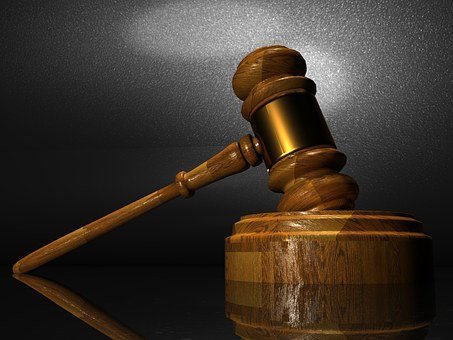The battle on how to count absentee ballots in North Carolina for the Nov. 3 election isn’t over, yet.
Decisions have been made on what ballots to count. And a state court decision that the witness signature required by state law on absentee ballots would not be required was overruled by federal court, and witness signatures are required.
But the attempt by the Democratic run NC State Board of Elections, where all the members are appointed by Gov. Roy Cooper, to extend the deadline for when ballots mailed by Nov. 3 have to arrive at the boards of elections is still in doubt.
The Fourth U.S. Circuit Court of Appeals made what is an extremely controversial ruling that has been appealed to the Supreme Court.
The ruling said that it was in keeping with a Supreme Court ruling that federal courts should not interfere with state election laws close to the election. In this case people had already cast absentee ballots when the State Board of Elections extended the deadline of Nov. 6 to Nov. 12. The Nov. 6 deadline was established in a law passed by the North Carolina legislature in June.
If the Fourth Circuit Court of Appeals were following the Supreme Court guidance, it seems it would have ruled that the law in place when voting started should be followed. But the Fourth Circuit Court, citing that precedent, made the opposite ruling that the change in the law implemented after voting had already started was the one that should be followed, despite the fact that the State Board of Elections doesn’t have the authority to overrule state law.
President Pro Tem of the state Senate Sen. Phil Berger (R-Rockingham) and Speaker of the state House Tim Moore (R-Cleveland) have appealed the ruling to the US Supreme Court.
In a press release Berger said, “The question now before the U.S. Supreme Court is whether an unelected state panel should be able to change election laws after voting has already started. Multiple judges in multiple jurisdictions have already said no, and this case was thrown into further chaos by the shocking behavior of one appeals judge who thwarted the Fourth Circuit’s favorable ruling before they could publish the opinion.”
The press release also states, “The dissenting Fourth Circuit judges rightly diagnosed what’s happening nationwide: “It takes no special genius to know what this insidious formula is producing. Our country is now plagued by a proliferation of pre-election litigation that creates confusion and turmoil and that threatens to undermine public confidence in the federal courts, state agencies, and the elections themselves.”


You can find a fresh voting list in the Obit columns. Your neighbor can witness (if you need to prove it) your morbid ballot, and you are in. How much of this goes on, no one knows. With the growing unethical and amoral electorate, a lot of it is actually dead solid perfect.
We voted from our car. No ID was requested. They did not witness our vote, as live or machine voting would.
If the Dems squeek in, we will know why. It will be bad.